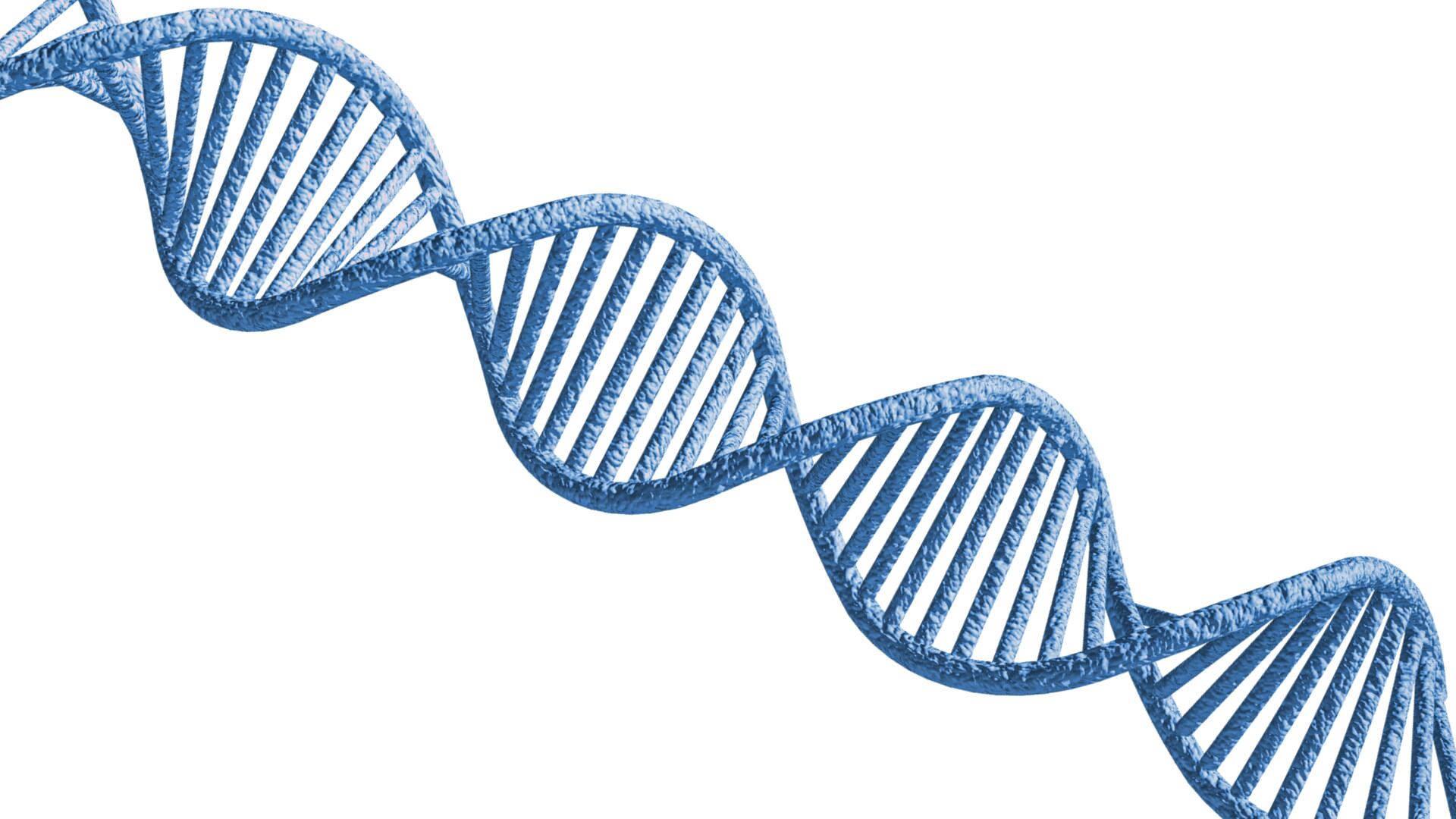Spring may be nearly two weeks away, but winter seems to be making (at least!) one last stand.
“We think there’s going to be a storm developing across the South this weekend, bringing heavy rains and thunderstorms to portions of the southeastern U.S,” Jon Porter, VP and head of AccuWeather Enterprise Solutions, told Cheddar.
“It does look like that’s going to be a threat to the Middle Atlantic and Northeast as we head into Sunday and Monday.”
The East Coast is still recovering from the second nor'easter to hit the region in the past week.
Just Wednesday, a New Jersey school teacher was struck by lighting during the thundersnow, and some New Yorkers were barricaded by up to 26 inches of snow. The snow fell at a rate of two to three inches per hour.
By Thursday morning, Winter Storm Quinn had left more than 1 million people without power. Porter told Cheddar that it’s going to take some time before everything is restored.
While a storm this weekend is not a “sure bet,” Porter told Cheddar “it’s something to watch as we head into the next several days.”
For the full interview, [click here](https://cheddar.com/videos/recapping-the-damage-of-winter-storm-quinn).
The World Health Organization's cancer agency has deemed the sweetener aspartame — found in diet soda and countless other foods — as a “possible” cause of cancer, while a separate expert group looking at the same evidence said it still considers the sugar substitute safe in limited quantities.
More than a third of Americans were under extreme heat advisories, watches and warnings Thursday as a blistering heat wave that's been baking the nation spread further into California, forcing residents to seek out air conditioning or find other ways to stay cool in triple-digit temperatures.
Tourists in central Athens huddled under mist machines, and zoo animals in Madrid were fed fruit popsicles and chunks of frozen food, as southern Europeans braced for a heat wave Thursday, with a warning of severe conditions coming from the European Union’s space agency.
A new study published in Nature has found that more than 56 percent of the world's oceans have changed color in the past 20 years, and climate change is to blame.
Recently discovered teeth of a two-million-year-old human relative in Africa could give researchers new insight into genetics.
U.S. officials have approved the first over-the-counter birth control pill, which will let American women and girls buy contraceptive medication from the same aisle as aspirin and eyedrops.
The Webb Space Telescope is marking one year of cosmic photographs with one of its best yet: the dramatic close-up of dozens of stars at the moment of birth.












